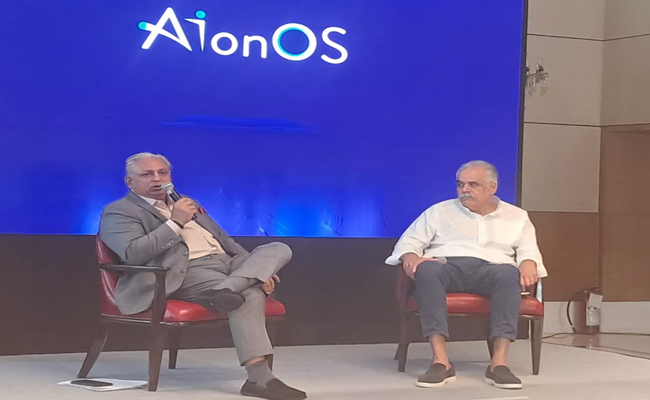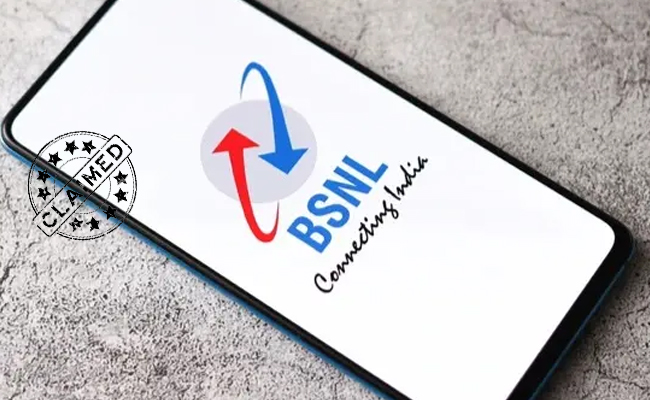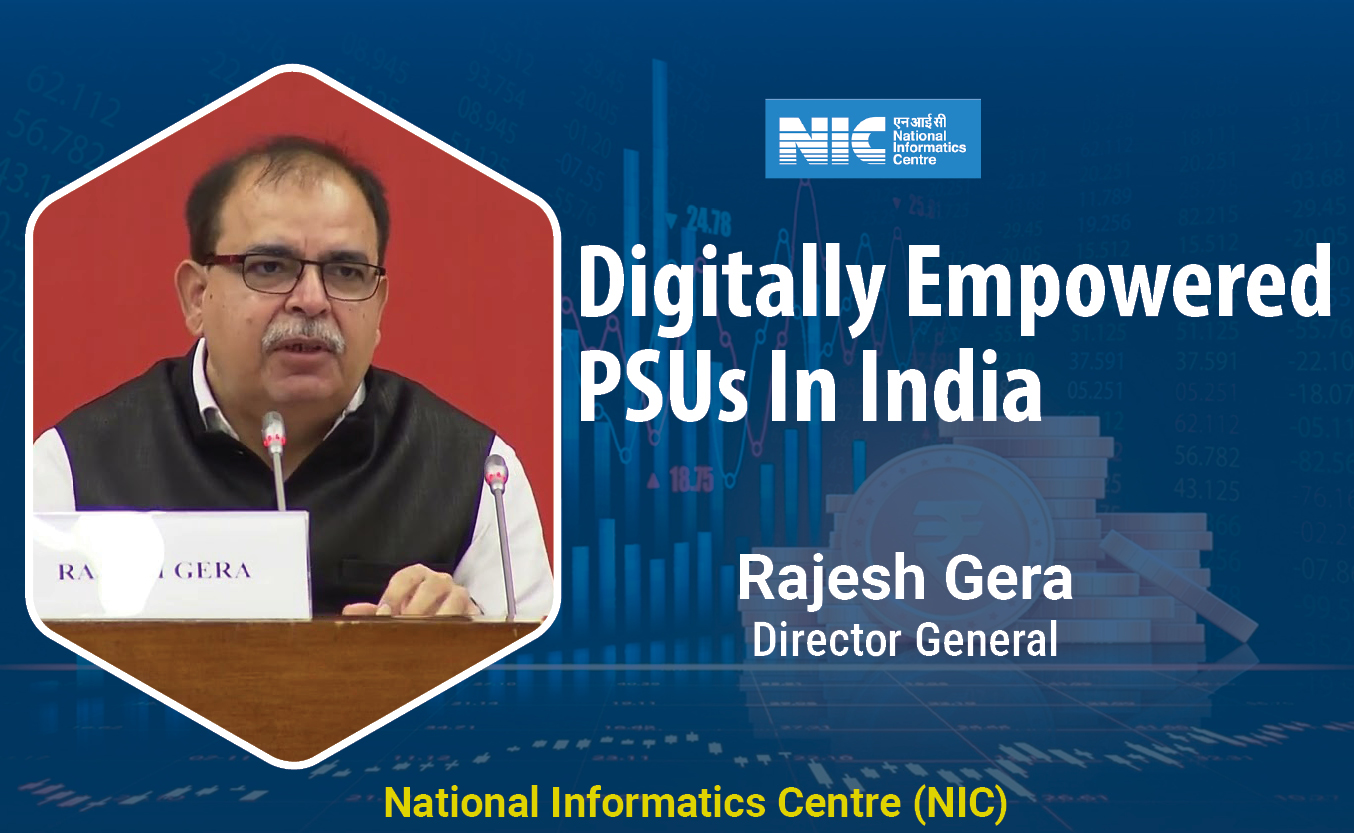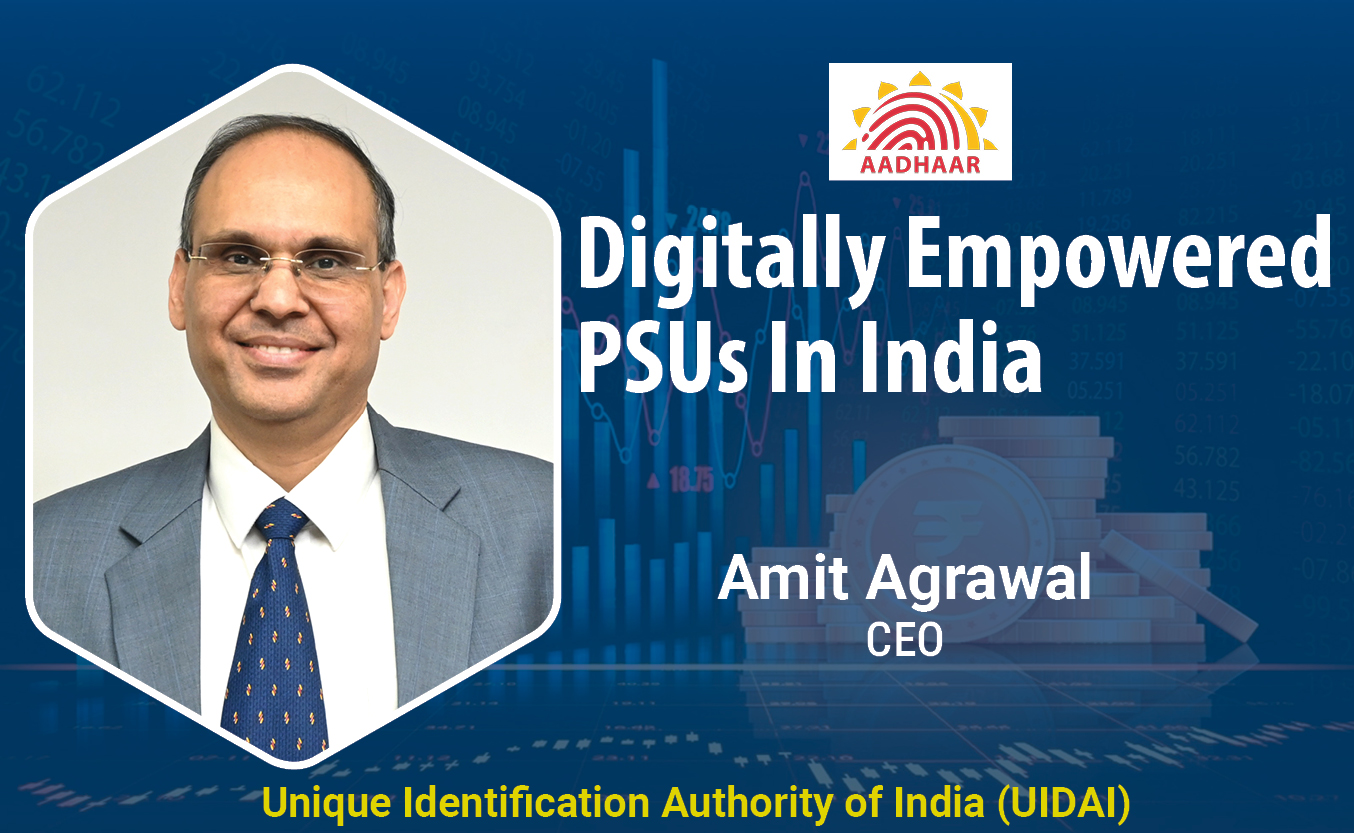Criminals escalating SIM swap attacks to steal millions of dollars: FBI
By MYBRANDBOOK

Ransomware continues to be an ongoing problem with protecting users’ data, there is a cell phone scam the public needs to be aware of as well. The FBI says criminals have escalated SIM card swap attacks to hijack victims’ phone numbers and steal millions of dollars from fiat and virtual currency accounts. “Both people and companies have become conditioned to being able to verify identity through simple questions like social security number or mother’s maiden name. Unfortunately, this falls apart completely when data breaches affecting millions of people routinely occur. Now information that was previously assumed to be relatively private is in the hands of malicious parties who can leverage it to easily impersonate their victims.”
SIM swapping is a scam in which malicious parties target cell phone carriers to gain access to victims’ bank accounts, virtual currency accounts and additional sensitive information by using social engineering, insider threat or phishing techniques. Social engineering involves a criminal to impersonate the victim’s mobile number by tricking the cell phone carrier into switching the victim’s mobile number to a SIM card that is in the criminal’s possession, allowing the malicious party to access the victim’s calls, texts and other data, but this is only one of the three methods used to steal funds from victims.
FBI encourages mobile users to first contact their mobile carriers immediately to regain control of their phone number, then accessing their online accounts to change their passwords that protect their sensitive data. Insider threat takes place when a criminal actor pays off a mobile carrier employee to switch the victim’s SIM to a card currently in the criminal’s possession. Malicious parties can also employ phishing techniques to access victims’ sensitive data, and steal funds from the victim through their banking data or third-party services like PayPal or Venmo.
This level of access to a victim’s cell data then allows a malicious party entry to everything from text message verification to SMS based two-factor authentication to exploit victims’ sensitive information. Service providers must move from more simplistic means of validating identity to more sophisticated ones,”. “PIN codes unique to each user’s account can be one way of adding additional security to the process, and ‘out of wallet’ questions are another alternative that works by verifying much harder to compromise information such as last three home addresses or cars. It may be more of a hassle for everyone, but it’s simply no longer viable to rely on information that has been routinely compromised to validate a person’s identity.


TAC Security becomes Cyber Security Assessor for the App Defen
The cybersecurity company, TAC Security has been selected as a key Cyber ...

InterGlobe’s Rahul Bhatia and C.P. Gurnani together announce
In a move that is set to transform the AI landscape, Rahul Bhatia, Group M...

Download masked Aadhaar to improve privacy
Download a masked Aadhaar from UIDAI to improve privacy. Select masking w...

Sterlite Technologies' Rs 145 crore claim against BSNL rejecte
An arbitrator has rejected broadband technology company Sterlite Technolog...


Technology Icons Of India 2023: Rishad Premji
Rishad Premji is the son of the Wipro head Azim Premji and was named a...

Technology Icons Of India 2023: Rajeev Chandrasekhar
Rajeev Chandrasekhar is the Union Minister of State for Electronics an...

Technology Icons Of India 2023: Madhabi Puri Buch
Madhabi Puri Buch is the chairperson of the securities regulatory body...


New defence PSUs will help India become self-reliant
MIL, India’s biggest manufacturer and market leader is engaged in Pr...

NIC bridging the digital divide and supporting government in eGovernance
The National Informatics Centre (NIC) is an Indian government departme...

Aadhaar: Architecting the World's Largest Biometric Identity System
The Unique Identification Authority of India (UIDAI) is a statutory au...


INGRAM MICRO INDIA PVT. LTD.
Ingram Micro India, a large national distributor offers a comprehensiv...

IRIS GLOBAL SERVICES PVT. LTD.
Iris Global services is one of the leading distribution houses that d...

IVALUE INFOSOLUTIONS PVT. LTD.
: iValue Info Solutions is a value added distributor, provides solutio...